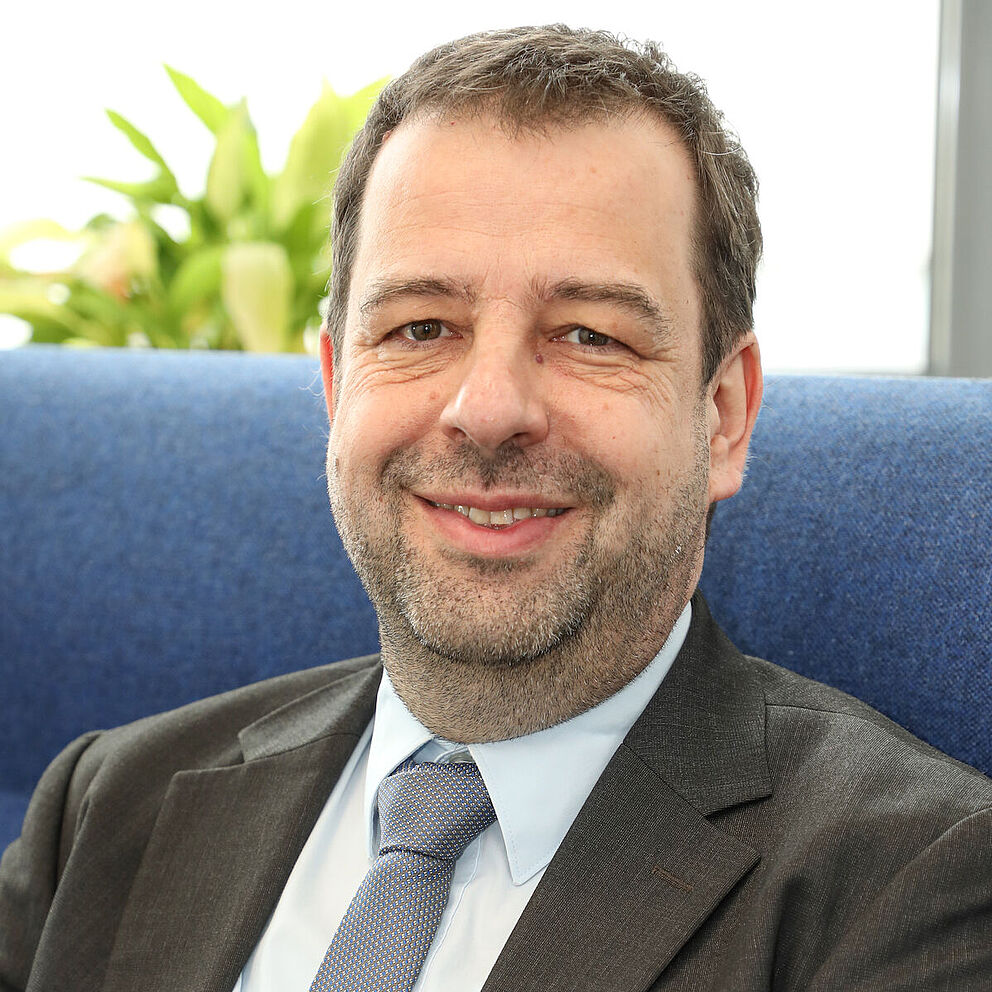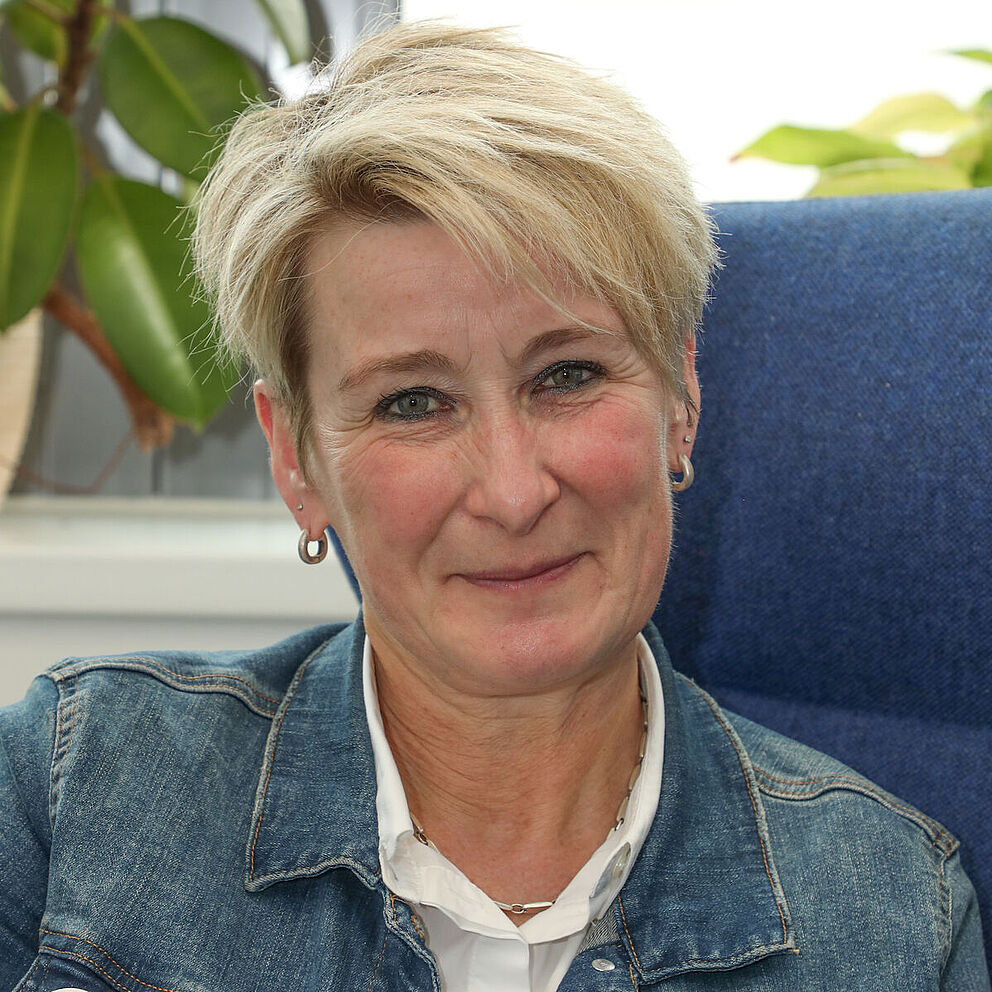High-Performance Computing Research Group
The mission of our group is to perform computing systems research for energy-efficient high-performance computing. Our specific focus is custom computing with FPGAs (field-programmable gate arrays). This technology allows the developers to create highly efficient processing architectures by tailoring the processor architecture to the needs of the application. In collaboration with the Paderborn Center for Parallel Computing (PC²) we are validating our foundational research with practical HPC applications, frequently in cooperations with research groups from computational sciences. In teaching we offer courses, seminars, projects in the areas of custom and high-performance computing. We participate in several national and transnational research projects.
Please refer to our teaching and research pages for more detailed information.
Research

The research of our group revolves around computer architectures, design methods and applications for energy-efficient computing systems. Our main expertise is in custom and heterogeneous computing in the context of high-performance computing. In custom computing, we use FPGA-based reconfigurable hardware architectures that can be specialized to the target application, which can lead to significantly improved performance and energy-efficiency when compared with general-purpose CPUs. Our work in HPC revolves around the topic of the development of massively-scalable algorithms for scientific computing, in particular, for the domains of physics, chemistry and engineering.
Our research is primarily foundational, with an emphasis on the development of new methods, which we evaluate by simulation or prototypes targeting case studies. In tigh collaboration with domain experts at the Paderborn Center for Parallel Computing (PC2) and users of PC2 , we validate our research also with actual scientific applications. Our research has been supported by numerous third party funding agencies, such as, German Research Foundation (DFG), German Ministry for Education and Research (BMBF), and the European Commission. We also maintain collaborations with industrial partners, such as, AMD/Xilinx and Intel/Altera.
Teaching
The High-Performance Computing Group is offering lectures, seminars, project groups and Bachelor-/Master's theses. For more information on our current and past offerings, please follow the navigations links below.
Publikationen
Analyzing performance portability for a SYCL implementation of the 2D shallow water equations
M. Büttner, C. Alt, T. Kenter, H. Köstler, C. Plessl, V. Aizinger, The Journal of Supercomputing 81 (2025).
Evaluating oneAPI I/O Pipes in a Case Study of Scaling a SYCL Jacobi Solver to multiple FPGAs
C. Alt, C. Plessl, T. Kenter, in: Proceedings of the 13th International Workshop on OpenCL and SYCL, Association for Computing Machinery, New York, NY, USA, 2025.
Adaptive Spectral Block Floating Point for Discontinuous Galerkin Methods
S. Sundriyal, M. Büttner, C. Alt, T. Kenter, V. Aizinger, in: 2025 IEEE High Performance Extreme Computing Conference (HPEC), IEEE, 2025.
Optimizing Communication for Latency Sensitive HPC Applications on up to 48 FPGAs Using ACCL
M. Meyer, T. Kenter, L. Petrica, K. O’Brien, M. Blott, C. Plessl, in: Lecture Notes in Computer Science, Springer Nature Switzerland, Cham, 2024.
StencilStream: A SYCL-based Stencil Simulation Framework Targeting FPGAs
J.-O. Opdenhövel, C. Alt, C. Plessl, T. Kenter, in: 2024 34th International Conference on Field-Programmable Logic and Applications (FPL), IEEE, 2024.
HiHiSpMV: Sparse Matrix Vector Multiplication with Hierarchical Row Reductions on FPGAs with High Bandwidth Memory
A.R. Tareen, M. Meyer, C. Plessl, T. Kenter, in: 2024 IEEE 32nd Annual International Symposium on Field-Programmable Custom Computing Machines (FCCM), IEEE, 2024.
SERI: High-Throughput Streaming Acceleration of Electron Repulsion Integral Computation in Quantum Chemistry using HBM-based FPGAs
P. Stachura, G. Li, X. Wu, C. Plessl, Z. Fang, in: 2024 34th International Conference on Field-Programmable Logic and Applications (FPL), IEEE, 2024, pp. 60–68.
Enabling Performance Portability for Shallow Water Equations on CPUs, GPUs, and FPGAs with SYCL
M. Büttner, C. Alt, T. Kenter, H. Köstler, C. Plessl, V. Aizinger, in: Proceedings of the Platform for Advanced Scientific Computing Conference (PASC), ACM, 2024.
Alle Publikationen anzeigen
Contact

Prof. Dr. Christian Plessl
Hochleistungsrechnen
Mersinweg 5
33100 Paderborn
Team Assistant

